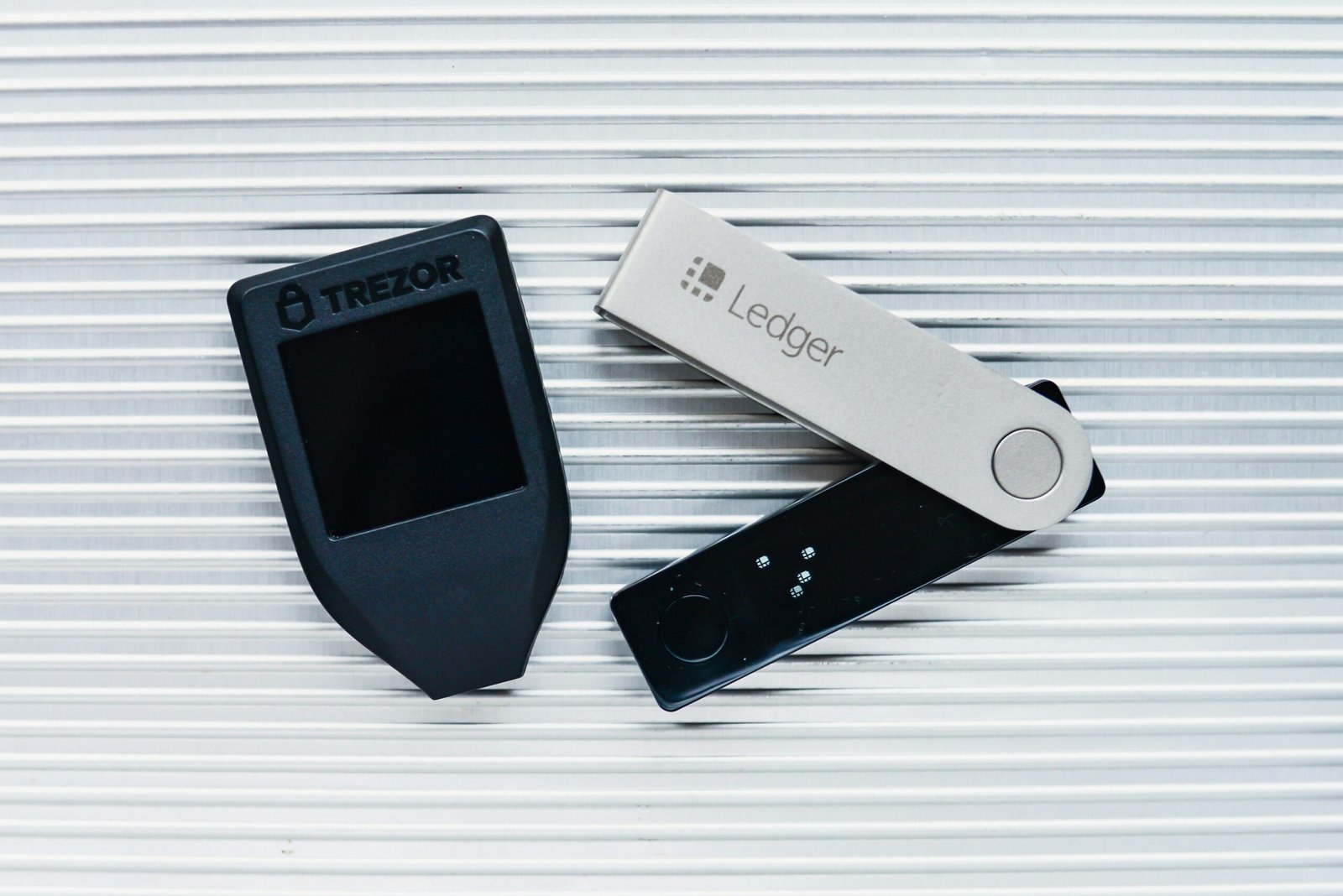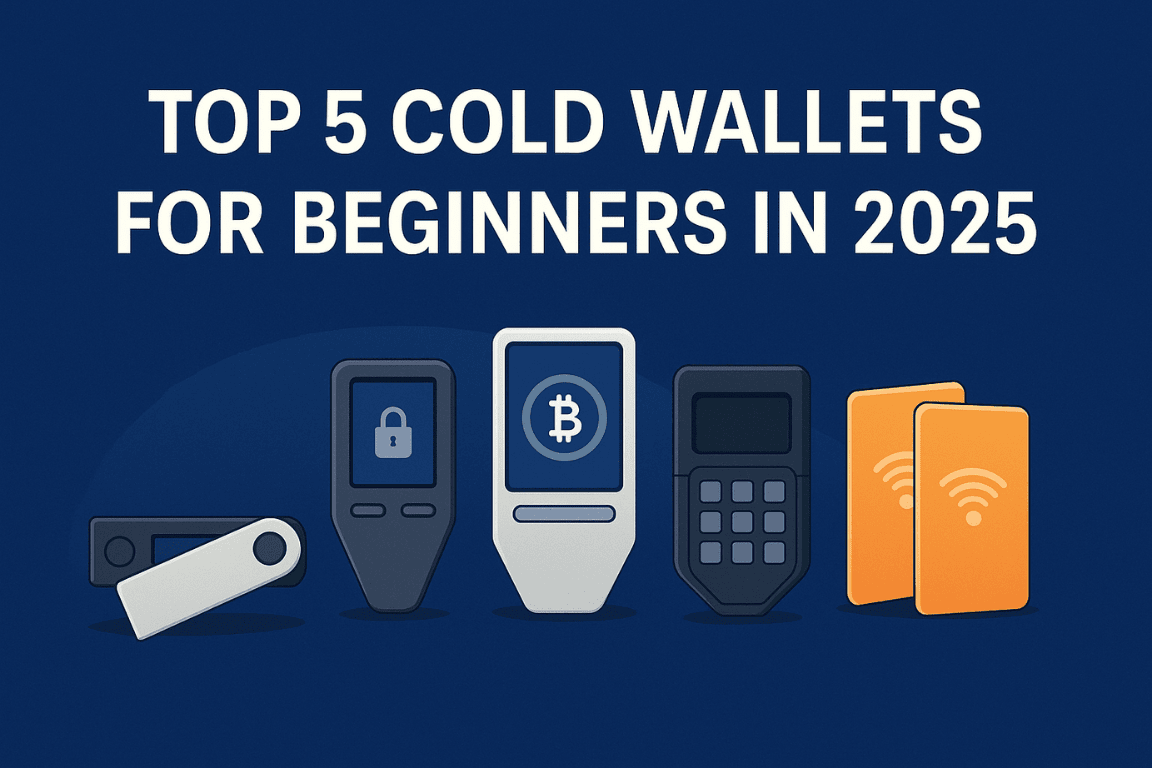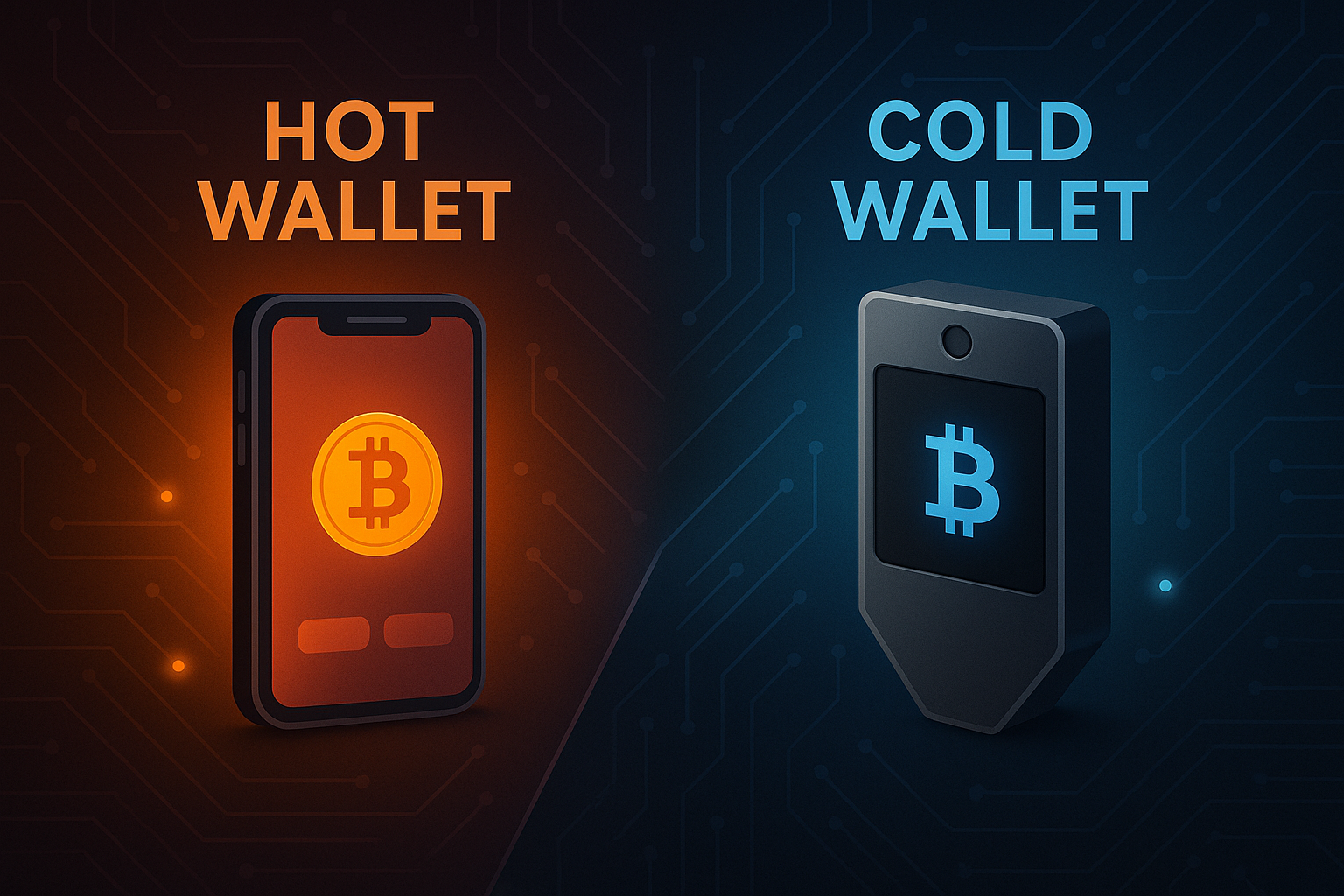Introduction
On February 21, 2025, crypto exchange Bybit suffered the largest theft in history—over 1.4 billion USD worth of Ethereum was stolen from its cold wallet via a manipulated UI attack . This catastrophic breach shattered the myth that storing crypto offline guarantees invulnerability.
So here’s the question: If even an institutional cold wallet can be compromised, can your personal cold wallet—such as Ledger or Trezor—offer lasting protection?
Let’s dive into the details: Which hardware wallet stands stronger in real-world security scenarios?
Ledger vs Trezor: Detailed Comparison
This table outlines the key differences between Ledger and Trezor cold wallets in terms of security, features, and usability.
👉 Swipe left/right to view the full table on mobile
| Feature | Ledger (Nano X / S Plus / Stax) | Trezor (Model T / Safe 3 / Safe 5) |
|---|---|---|
| Security Chip | Certified Secure Element (CC EAL5+) | MCU only (CC EAL6+ for Safe 3/5) |
| Firmware Transparency | Proprietary OS with partially open-source apps | Fully open-source firmware and bootloader |
| Coin Support | 5,500+ tokens, NFT and staking support | 1,200–9,000 tokens depending on model, often via third-party apps |
| Connectivity | USB-C + Bluetooth (Nano X, Stax) | USB-C only, no Bluetooth |
| Backup Options | Standard 24-word seed + Ledger Recover (optional) | 24-word seed + Shamir Backup (on supported models) |
| Security Incidents | 2020 database breach (no user funds affected) | Physical-access exploits reported (fixed via firmware updates) |
Security Architecture
- Ledger secures private keys within a certified Secure Element chip—the same type used in passports and banking cards.
- Trezor, especially older models, use a general-purpose microcontroller without dedicated hardware isolation. Though Safe 3/5 now include Secure Element chips, most users still use MCU-only models .
Firmware & Backup Philosophy
- Trezor is fully open-source: both firmware and bootloader are transparent and auditable. Its Shamir Backup feature lets you split recovery into multiple shares for extra fault tolerance.
- Ledger uses proprietary firmware stored inside its Secure Element—less transparent but designed to reduce attack surfaces. Backup is via a standard seed phrase or optional Ledger Recover cloud service
Ecosystem & Token Support
- Ledger Live supports over 5,500 coins, staking, NFT support, and DeFi integrations all in one app
- Trezor Suite covers fewer coins by default (1,200–9,000 depending on model), and many require third-party wallets like Metamask or Exodus to manage tokens
Notable Security Events
- Ledger’s 2020 data breach exposed customer email data—but not crypto assets. The company responded with strengthened security measures.
- Trezor has faced physical exploit scenarios where attackers with direct device access bypassed protections on certain older models
Final Verdict from Hands-On Experience
In my own experience, I really appreciated how Trezor Suite let me manage multiple accountsopen-source firmware and the option for Shamir Backu, especially when managing larger portfolios.
On the other hand, Ledger felt snappier when connecting via mobile — especiaNano, which made it more convenient on the go. Its CC EAL5+ certified secure element adds a level of confidence if hardware-levelover 5,500 tokens unmatched, making it a great choice for altcoin holders.
If you value maximum transparency and advanced backup options, Trezor is likely the better fit. But if you prefer wider token support, mobile accessibility, and hardware-based security chips, Ledger may serve you better.
Recommended Cold Wallets on Amazon
-
Ledger Stax – Premium touchscreen + Bluetooth
View on Amazon -
Ledger Nano X – Best for mobile use
View on Amazon -
Ledger Nano S Plus – Great for beginners
View on Amazon -
Trezor Safe 5 – Advanced security (EAL6+ chip)
View on Amazon -
Trezor Model T – Touchscreen + full-featured
View on Amazon -
Trezor Model One – Budget-friendly, open-source
View on Amazon
Frequently Asked Questions
No—Most Ledger firmware is proprietary to protect key isolation, though some companion apps are open-source.
Ledger encrypts Bluetooth connections. While most security experts consider it safe, some users avoid it entirely for air-gapped cold storage setup.
Trezor Suite has limited built-in NFT views—most users rely on third-party wallets.
Yes. All Trezor devices use a recovery seed phrase. The Trezor Model T also supports Shamir Backup, allowing you to split your seed into multiple shares for safer recovery.



